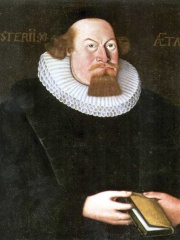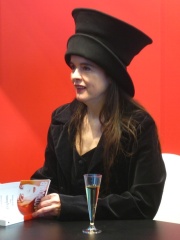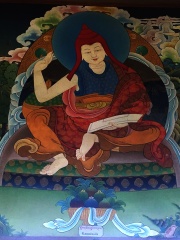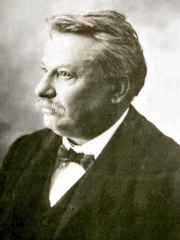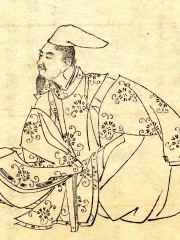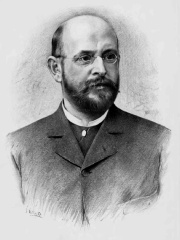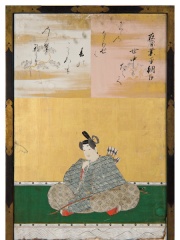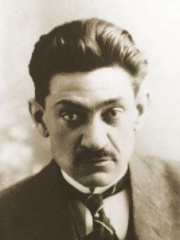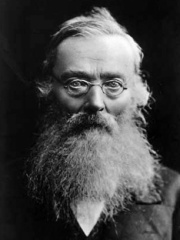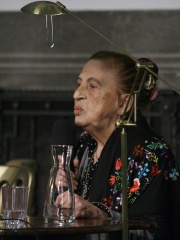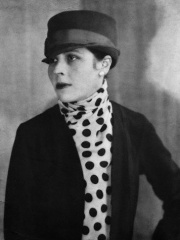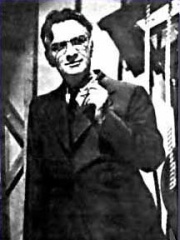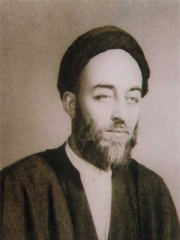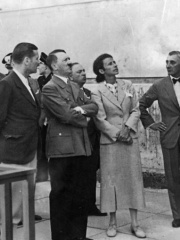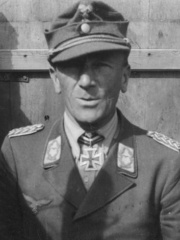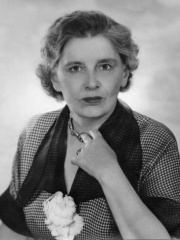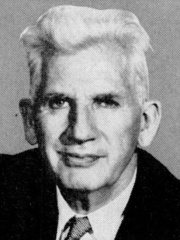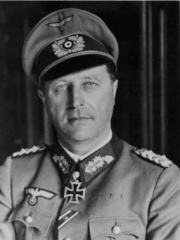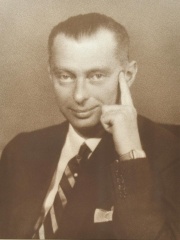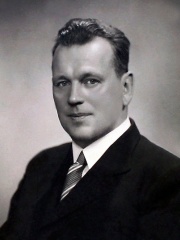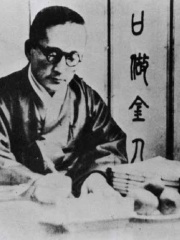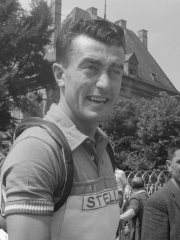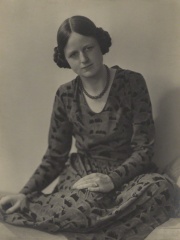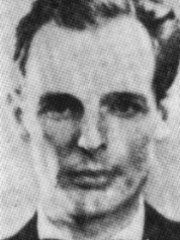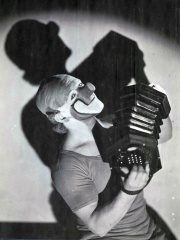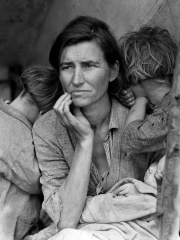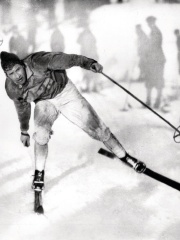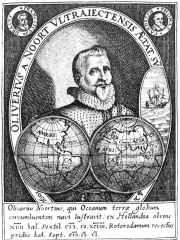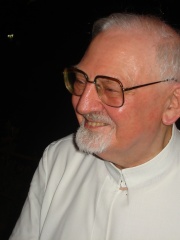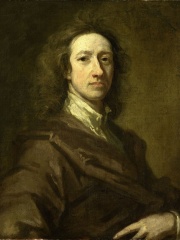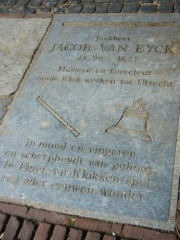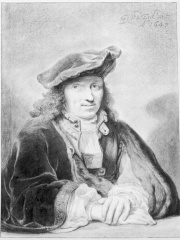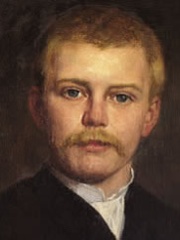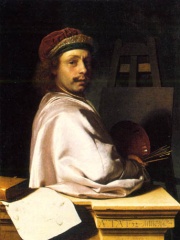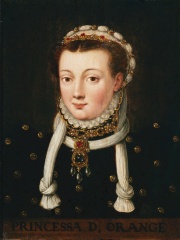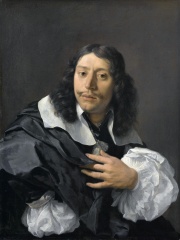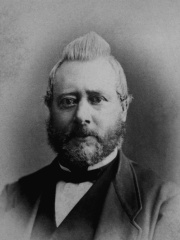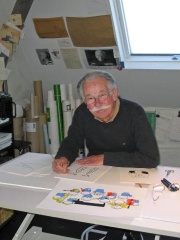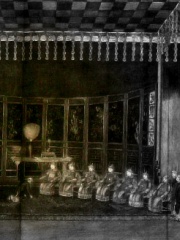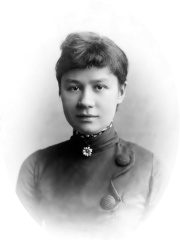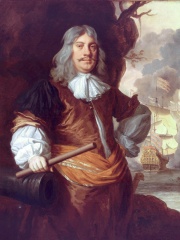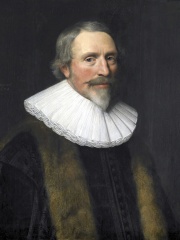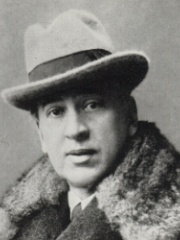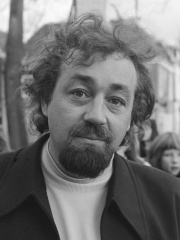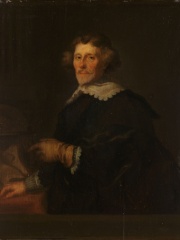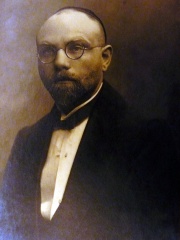Writer
Corrie ten Boom
1892 - 1983
EN.WIKIPEDIA PAGE VIEWS (PV)
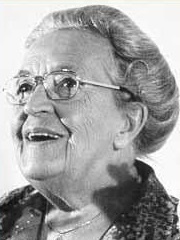
 Corrie ten Boom
Corrie ten Boom
Her biography is available in 28 different languages on Wikipedia (up from 26 in 2024). Corrie ten Boom is the 2,547th most popular writer (up from 3,418th in 2024), the 408th most popular biography from Netherlands (up from 549th in 2019) and the 15th most popular Dutch Writer.
Memorability Metrics
Page views of Corrie ten Boom by language
Among Writers
Among writers, Corrie ten Boom ranks 2,547 out of 7,302. Before her are Petter Dass, Amélie Nothomb, Kamalaśīla, Giovanni Pascoli, Chariton, and Ki no Tsurayuki. After her are Alois Jirásek, Ariwara no Narihira, Neil Simon, Dmytro Dontsov, Nikolay Kostomarov, and Ceija Stojka.
Most Popular Writers in Wikipedia
Go to all RankingsPetter Dass
1647 - 1707
HPI: 61.60
Rank: 2,541
Amélie Nothomb
1967 - Present
HPI: 61.60
Rank: 2,542
Kamalaśīla
740 - 795
HPI: 61.60
Rank: 2,543
Giovanni Pascoli
1855 - 1912
HPI: 61.60
Rank: 2,544
Chariton
100 - 200
HPI: 61.60
Rank: 2,545
Ki no Tsurayuki
866 - 945
HPI: 61.59
Rank: 2,546
Corrie ten Boom
1892 - 1983
HPI: 61.59
Rank: 2,547
Alois Jirásek
1851 - 1930
HPI: 61.59
Rank: 2,548
Ariwara no Narihira
825 - 880
HPI: 61.59
Rank: 2,549
Neil Simon
1927 - 2018
HPI: 61.59
Rank: 2,550
Dmytro Dontsov
1883 - 1973
HPI: 61.58
Rank: 2,551
Nikolay Kostomarov
1817 - 1885
HPI: 61.58
Rank: 2,552
Ceija Stojka
1933 - 2013
HPI: 61.58
Rank: 2,553
Contemporaries
Among people born in 1892, Corrie ten Boom ranks 123. Before her are Djuna Barnes, James M. Cain, Muhammad Husayn Tabatabai, Adolf Ziegler, Eugen Meindl, and Rebecca West. After her are Paul Douglas, Hermann Breith, Edoardo Agnelli, Fyodor Raskolnikov, Otto Nerz, and Yi Kwang-su. Among people deceased in 1983, Corrie ten Boom ranks 89. Before her are Louison Bobet, Joan Robinson, Bernard Vukas, Hennes Weisweiler, Rebecca West, and Donald Maclean. After her are Ibrahim Abboud, Ángel Labruna, Juan López Fontana, Charlie Rivel, Florence Owens Thompson, and Johan Grøttumsbråten.
Others Born in 1892
Go to all RankingsDjuna Barnes
WRITER
1892 - 1982
HPI: 62.09
Rank: 117
James M. Cain
WRITER
1892 - 1977
HPI: 61.91
Rank: 118
Muhammad Husayn Tabatabai
PHILOSOPHER
1892 - 1981
HPI: 61.88
Rank: 119
Adolf Ziegler
PAINTER
1892 - 1959
HPI: 61.82
Rank: 120
Eugen Meindl
MILITARY PERSONNEL
1892 - 1951
HPI: 61.79
Rank: 121
Rebecca West
WRITER
1892 - 1983
HPI: 61.70
Rank: 122
Corrie ten Boom
WRITER
1892 - 1983
HPI: 61.59
Rank: 123
Paul Douglas
ECONOMIST
1892 - 1976
HPI: 61.39
Rank: 124
Hermann Breith
MILITARY PERSONNEL
1892 - 1964
HPI: 61.36
Rank: 125
Edoardo Agnelli
BUSINESSPERSON
1892 - 1935
HPI: 61.34
Rank: 126
Fyodor Raskolnikov
POLITICIAN
1892 - 1939
HPI: 61.32
Rank: 127
Otto Nerz
COACH
1892 - 1949
HPI: 61.18
Rank: 128
Yi Kwang-su
WRITER
1892 - 1950
HPI: 61.11
Rank: 129
Others Deceased in 1983
Go to all RankingsLouison Bobet
CYCLIST
1925 - 1983
HPI: 62.02
Rank: 83
Joan Robinson
ECONOMIST
1903 - 1983
HPI: 61.95
Rank: 84
Bernard Vukas
SOCCER PLAYER
1927 - 1983
HPI: 61.94
Rank: 85
Hennes Weisweiler
COACH
1919 - 1983
HPI: 61.78
Rank: 86
Rebecca West
WRITER
1892 - 1983
HPI: 61.70
Rank: 87
Donald Maclean
POLITICIAN
1913 - 1983
HPI: 61.69
Rank: 88
Corrie ten Boom
WRITER
1892 - 1983
HPI: 61.59
Rank: 89
Ibrahim Abboud
POLITICIAN
1900 - 1983
HPI: 61.56
Rank: 90
Ángel Labruna
SOCCER PLAYER
1918 - 1983
HPI: 61.55
Rank: 91
Juan López Fontana
COACH
1908 - 1983
HPI: 61.53
Rank: 92
Charlie Rivel
ACTOR
1896 - 1983
HPI: 61.46
Rank: 93
Florence Owens Thompson
CELEBRITY
1903 - 1983
HPI: 61.33
Rank: 94
Johan Grøttumsbråten
ATHLETE
1899 - 1983
HPI: 61.31
Rank: 95
In Netherlands
Among people born in Netherlands, Corrie ten Boom ranks 408 out of NaN. Before her are Marc Overmars (1973), Olivier van Noort (1558), Peter Hans Kolvenbach (1928), Cornelis de Bruijn (1652), Ronald de Boer (1970), and Jacob van Eyck (1590). After her are Gerbrand van den Eeckhout (1621), Herman Gorter (1864), Frans van Mieris the Elder (1635), Anna van Egmont (1533), Karel Dujardin (1622), and Pieter Bleeker (1819).
Others born in Netherlands
Go to all RankingsMarc Overmars
SOCCER PLAYER
1973 - Present
HPI: 61.69
Rank: 402
Olivier van Noort
EXPLORER
1558 - 1627
HPI: 61.68
Rank: 403
Peter Hans Kolvenbach
RELIGIOUS FIGURE
1928 - 2016
HPI: 61.68
Rank: 404
Cornelis de Bruijn
WRITER
1652 - 1727
HPI: 61.67
Rank: 405
Ronald de Boer
SOCCER PLAYER
1970 - Present
HPI: 61.60
Rank: 406
Jacob van Eyck
COMPOSER
1590 - 1657
HPI: 61.59
Rank: 407
Corrie ten Boom
WRITER
1892 - 1983
HPI: 61.59
Rank: 408
Gerbrand van den Eeckhout
PAINTER
1621 - 1674
HPI: 61.57
Rank: 409
Herman Gorter
WRITER
1864 - 1927
HPI: 61.56
Rank: 410
Frans van Mieris the Elder
PAINTER
1635 - 1681
HPI: 61.56
Rank: 411
Anna van Egmont
POLITICIAN
1533 - 1558
HPI: 61.55
Rank: 412
Karel Dujardin
PAINTER
1622 - 1678
HPI: 61.55
Rank: 413
Pieter Bleeker
BIOLOGIST
1819 - 1870
HPI: 61.52
Rank: 414
Among Writers In Netherlands
Among writers born in Netherlands, Corrie ten Boom ranks 15. Before her are Dick Bruna (1927), Isaac Titsingh (1745), Johanna van Gogh-Bonger (1862), Cornelis Tromp (1629), Jacob Cats (1577), and Cornelis de Bruijn (1652). After her are Herman Gorter (1864), Louis Couperus (1863), Cornelis Vreeswijk (1937), Pieter Corneliszoon Hooft (1581), Jacob Israël de Haan (1881), and Gerard Reve (1923).
Dick Bruna
1927 - 2017
HPI: 64.79
Rank: 9
Isaac Titsingh
1745 - 1812
HPI: 63.48
Rank: 10
Johanna van Gogh-Bonger
1862 - 1925
HPI: 62.71
Rank: 11
Cornelis Tromp
1629 - 1691
HPI: 61.97
Rank: 12
Jacob Cats
1577 - 1660
HPI: 61.81
Rank: 13
Cornelis de Bruijn
1652 - 1727
HPI: 61.67
Rank: 14
Corrie ten Boom
1892 - 1983
HPI: 61.59
Rank: 15
Herman Gorter
1864 - 1927
HPI: 61.56
Rank: 16
Louis Couperus
1863 - 1923
HPI: 61.48
Rank: 17
Cornelis Vreeswijk
1937 - 1987
HPI: 61.38
Rank: 18
Pieter Corneliszoon Hooft
1581 - 1647
HPI: 61.10
Rank: 19
Jacob Israël de Haan
1881 - 1924
HPI: 60.98
Rank: 20
Gerard Reve
1923 - 2006
HPI: 60.28
Rank: 21
